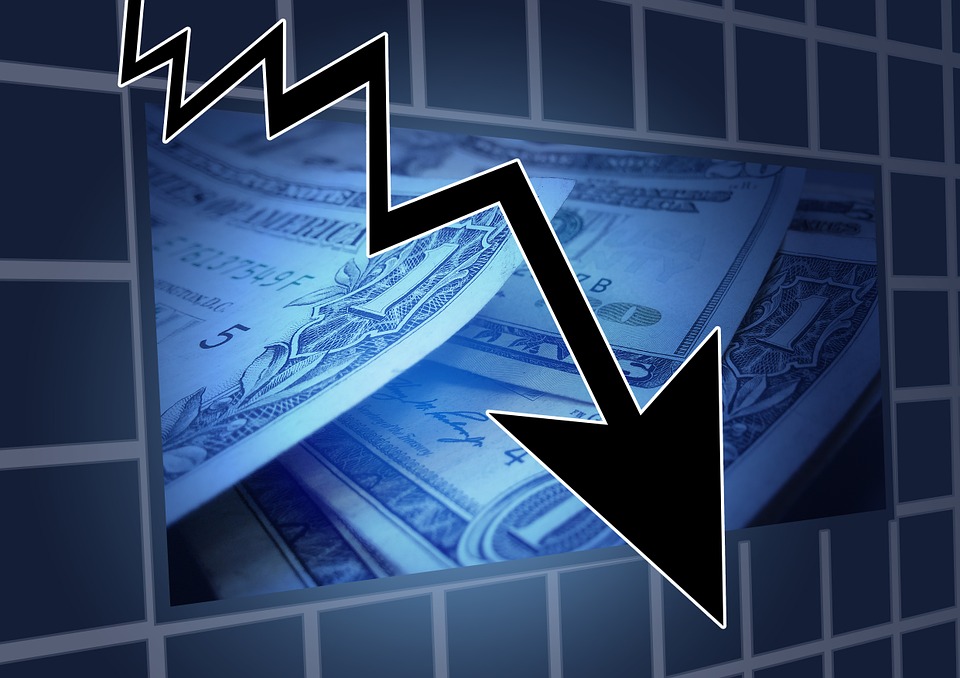"I, I'm a one way motorway
I'm the one that drives away
Then follows you back home
I, I'm a street light shining
I'm a wild light blinding bright
Burning off and on
It's times like these you learn to live again
It's times like these you give and give again
It's times like these you learn to love again
It's times like these time and time again"
--Times Like These, by Foo Fighters
These are tough times. Inflation is turning common goods to luxuries and outpacing wage growth. Gas prices are higher than ever while faith in elected officials has gone the opposite direction. A proxy war is in progress between Russia and the U.S. while an energy crisis threatens to make this year's winter colder for so many people.
Wait...is it 2022 or 1982?
Yes, we've seen it all before. Between the industrial burnout and stagflation and the shadow war that put U.S.-backed rebels up against the Russians in the hills of Afghanistan, it seems like a time machine has opened up a portal between the two decades....and only the bad parts are traveling through. I don't say any of these things to trivialize the challenges being faced, from the bloodshed in Ukraine to the pain of choosing between fuel and groceries here in the states.
My primary point, however, is that history is often like weather. Patterns develop. It travels in waves and repeats itself every so often. Those wise enough to watch and listen can see replays of old scenarios and hear the echoes of the past reverberating on the walls of today. More importantly, we can investigate what worked and what didn't in our hopes to push for better outcomes.
Yes, these statements are oversimplifications, to be sure. In addition, the angst produced by these troubling events gets amplified by the ever-present news cycle and social media. When something happens just about anywhere in the world, we don't just hear about it at noon and 6 p.m.; we get bombarded with details through all channels of interaction, with free commentary from anyone with a smartphone or laptop. Don't get me wrong; I think the democratization of free speech through social media is a good thing, but these outlets have changed the way we hear about (and process) world events. Every "news alert" brings us hope that something good will have happened or fear that we've edged closer to the button being pushed.
As a result, our fear responses are triggered more often, and we seek safety. We want answers. Solutions. Higher ground to get us as far away from the flood waters as possible. This kind of thinking turns those who seem to have "all the answers" into magnets for our attention. The louder (and simpler) the messages, the more targeted they are to our hopes (or more frequently, our fears), the harder it is NOT to listen. Nuance and detail disappear in favor of following someone who will do the thinking for us, even if we're not completely sure what their solutions will look like or how evil the devil in their details really is.
Times like these are boons to extreme thought. Politicians, commentators, and thought leaders pull as hard as possible to their corners so they can clearly blame their polar opposites and leave no doubt as to whose fault everything is. Such approaches are appealing to us; we're tired of trying to figure things out, so the angry or scared person on TV, radio, or internet can tell us how it is. We latch on to these beliefs and buy in.
All the while, fewer people are willing to "jump in the middle" to find truth in the noise. To see clearly the patterns revealing themselves and to make decisions based less on panic and more on sound reasoning. Yes, some of the events we're living through ARE nightmare fuel. The thought of a land war spreading through Europe is terrifying. The potential of massive poverty and recession in our country is both real and ulcer-inducing...but we seldom make good plans when we're angry or scared out of our minds.
Instead of giving in to the fear, it might be helpful to take a breath and remember that we've seen it all before. And we got through it. In the midst of the worst conflicts and awful times in history, I'm sure that people were sure the end was near. But the world never stopped turning.
Make no mistake, dark days are likely ahead. Our optimism and resolve will continue to be tested. No knight on a white horse or flying man with a cape is showing up anytime soon, so we'll have to figure it out ourselves. In the same way that the lessons of 1939 are being recalled as Europe stands united against a new dictator, let's look back to our history to see what got us through the dark days of the early 1980s. In the same way that day can't exist without night, we don't get the good times without the bad times.
The good times will come again. They always have.




Comments
Post a Comment